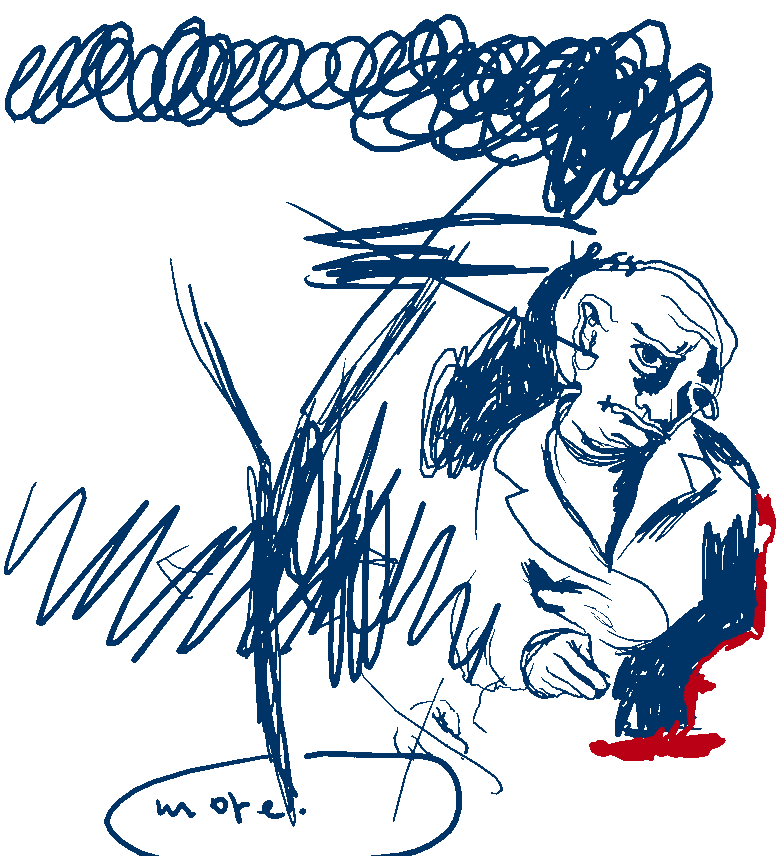Both US President Donald Trump and first lady Melania Trump have raised the importance of the return of Ukrainian children abducted by Russia during the ongoing war.
However, the Trump administration cut funding to a leading organization that tracks evidence of Russian war crimes, including the forced relocation of tens of thousands of Ukrainian children.
The Ukraine Conflict Observatory was run by Yale’s Humanitarian Research Lab and established with State Department backing in 2022 to work “to capture, analyze, and make widely available evidence of Russia-perpetrated war crimes and other atrocities in Ukraine.”
The group produced reports on a slew of alleged Russian war crimes, including the extent of Moscow’s efforts to relocate, re-educate, and sometimes militarily train or forcibly adopt out Ukrainian children.
The International Criminal Court issued an arrest warrant for Russian President Vladimir Putin for the alleged war crime of forcibly deporting Ukrainian children.
As CNN reported in March, the administration terminated financial support for the Ukraine Conflict Observatory. Funding was temporarily restored to later that month to allow the repository of evidence on the alleged Russian war crimes to be sent to the European Union’s law enforcement agency, Europol.
In June, a group of lawmakers called on the State Department to disburse approximately $8 million that the agency told Congress in late 2024 would be used to support the Ukraine Conflict Observatory’s work. Two congressional aides said Tuesday that to their knowledge, the funding has not been disbursed.
The Yale Humanitarian Research Lab has raised enough money through private donations to continue its work until January 1, the executive director said, but it doesn’t know what will happen after that.
























